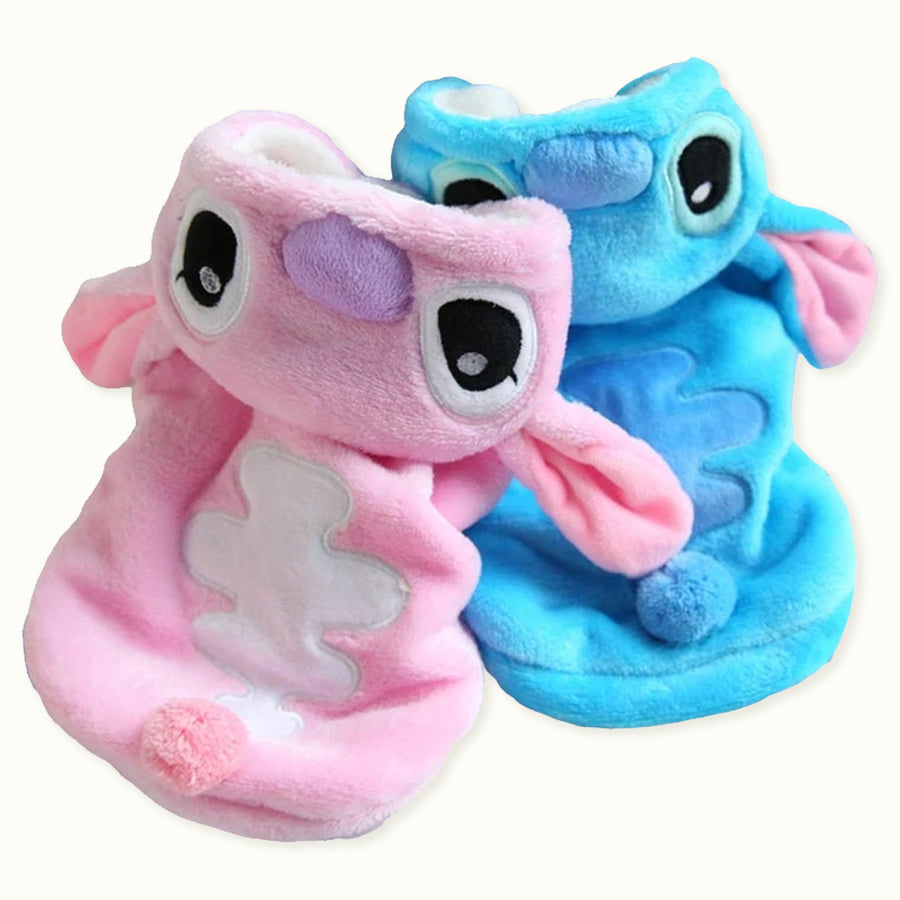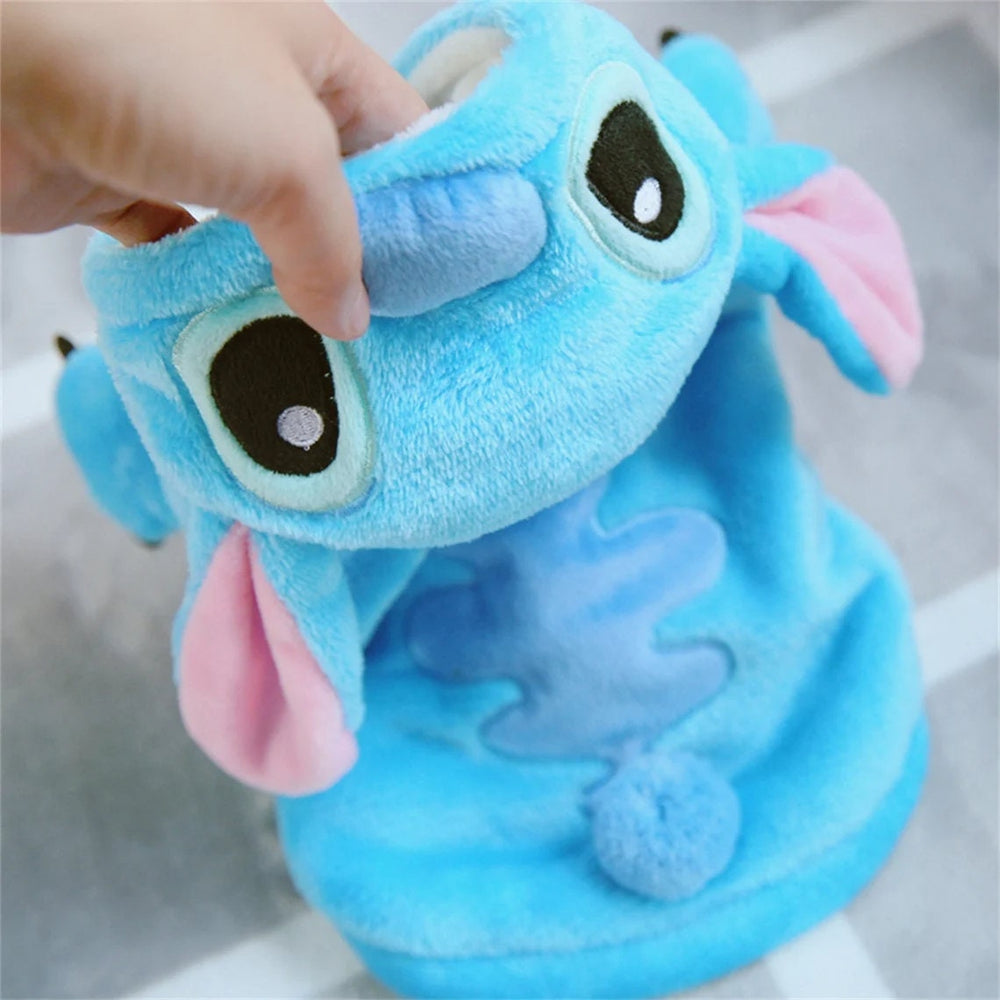How Heavy Should My Cat Be
Are you wondering if your beloved feline is overweight? If so, you are not alone. Many cat owners worry about their pet's weight and whether or not they could be too heavy.
Knowing how much a healthy adult cat should weigh can help give some perspective on whether or not extra pounds are a concern.
It can also help alert us to the possibility of health problems that may require a visit to the vet.
In this blog post, we will explore how much your average adult cat should weigh and what signs might indicate that they have gained unhealthy amounts of weight.
Understanding the Basics of Cat Weight and Health

In general, the size of a cat is determined by breed. For example, Maine Coon cats tend to be larger than average while Siamese cats are typically smaller. It's important to keep in mind that your cat's ideal weight may vary depending on its breed and build.
When it comes to determining if your cat is overweight or not, it's important to know the average weight range for adult cats. The average weight range of an adult domestic cat is between 6-12 pounds (2.7-5.4 kg). This is a good baseline for determining if your cat has gained too much weight, but remember that this number can vary depending on breed and build.
It's also important to pay attention to other signs of unhealthy weight gain. These could include:
- A noticeable decrease in activity
- Difficulty breathing or panting
- Abdominal distention (or a "pot belly")
- Loss of muscle mass/tone
If you're seeing any of these signs, it's important to bring your cat in for a check-up. Your vet will be able to evaluate your cat and provide you with further guidance on how to help them maintain a healthy weight.
Maintaining a Healthy Weight for Your Cat

The best way to ensure that your cat remains at a healthy weight is to provide them with a balanced diet and plenty of exercise. This means giving them food that is specifically designed for cats and making sure they get enough playtime each day.
It's also important to make sure that you aren't over-feeding your cat. If you're concerned about how much to feed them, it's best to consult with your vet or a qualified pet nutritionist. They can provide specific guidance on the right amount of food for your cat's size, breed, and age.
Learning Your Cat's Ideal Weight
Knowing how much your cat should weigh can help you spot potential health issues early on. It's also a good way to ensure that your cat is not gaining too much weight and developing unhealthy habits.
The best way to learn your cat's ideal weight range is by visiting the vet. Your vet can provide you with specific information about what size and breed your cat should be and what their ideal weight range is. They can also provide you with guidance on how to help them stay at a healthy weight.
It's important to remember that all cats are different and have individual needs when it comes to their diet and exercise. Knowing your cat's ideal weight range is just one part of taking care of them. With the right diet and exercise, your cat can stay happy and healthy.
Identifying Signs of Overweight or Underweight Cats
Here are the common signs to look for when assessing your cat's weight:
- Ribs should be easy to feel but not visible. If you can see or count more than 2 of them, this is a sign your cat may be underweight.
- You should be able to easily feel their spine and hip bones. If these are difficult to find, this may indicate that your cat is overweight.
- Look at your cat from the side and from above. If they appear to have an hourglass shape, this is a good indication of a healthy weight.
If you're concerned about your cat's weight, it's important to consult with your vet as soon as possible. They can provide further guidance on how to help your cat maintain a healthy weight.
When to Consult a Veterinarian
If you notice any of the signs that indicate unhealthy weight gain, it's important to contact your veterinarian as soon as possible. They can provide further guidance on how to help your cat maintain a healthy weight and identify any potential underlying health issues.
It's also important to monitor your cat's body condition score (BCS) over time. This is a standardized system used to measure and assess the amount of fat on your cat's body. Your vet can help you determine what your cat's ideal BCS range is and provide guidance if it appears to be gaining too much weight.
Tips for Maintaining Your Cat's Health and Weight
Here are a few tips for maintaining your cat's health and weight:
- Feed them the right amount of food, based on their size, age, and breed.
- Provide them with an appropriate exercise routine that suits their breed and activity level.
- Make sure to keep up with regular veterinary checkups to monitor their health and BCS.
- Provide them with a variety of different toys and activities to keep them active and engaged.
- Make sure the litter box is clean and available at all times.
By following these tips, you can help ensure that your beloved feline remains in good health and at their ideal weight. Remember, it's always best to consult with your veterinarian if you have any further questions or concerns about your cat's health and weight.
Creating a Healthy Diet Plan for Your Cat

When it comes to developing a healthy diet plan for your cat, there are several things to consider. Here are some tips on creating a healthy eating plan:
- Choose high-quality food that is specifically designed for cats. Avoid human food or treats as these can be unhealthy and cause digestive problems.
- Split up meals throughout the day instead of giving one large portion. This can help keep them from overheating.
- Provide a consistent feeding schedule so they know when to expect their meals.
- Monitor how much food and treats you are providing, as well as any changes in diet or activity level, to make sure your cat isn't gaining too much weight.
By following these tips, you can help ensure that your cat remains at a healthy weight and enjoys the benefits of a balanced diet.
FAQs
Does age affect a cat's ideal weight?
Yes, age can play a role in determining a cat's ideal weight. A kitten or senior cat may have different nutritional needs than an adult and should be monitored closely to ensure that they are reaching their ideal weight range. Consult with your vet if you're concerned about your cat's weight as they will be able to provide specific guidance.
Are there any signs of underweight cats?
Yes, certain signs can indicate if your cat is underweight. These include being able to see or count more than 2 ribs, having a sunken in chest, and having narrow hips and spine bones that are difficult to feel. If you're concerned about your cat's weight, it's important to contact your vet as soon as possible.
What kind of food is best for cats?
When selecting food for your cat, it's important to choose high-quality food that is specifically designed for cats. Avoid human foods and treats as these can contain unhealthy ingredients and cause digestive problems. Consult with your vet or a nutritionist for specific guidance on what food is best for your cat's size, breed, and age.
Conclusion
In conclusion, there is no definitive answer to the question of how heavy should my cat be.
Weighing and regular monitoring are essential in ensuring that your cat’s weight remains within a healthy range.
Regular checkups with your veterinarian can also help identify and address any medical issues like obesity or malnutrition that may arise.
Furthermore, regular weigh-ins can provide an early indication of any health problems so they can be caught before becoming unmanageable.
Proper nutrition, frequent exercise, and an enriching environment will also go a long way in helping maintain the ideal body weight for cats.
Remember, an unhealthy cat is still not the ideal pet companion you would want.
Ultimately, it's up to you to ensure your cats are always healthy, happy, and fit - all key factors to a long and fulfilling life together.
So make sure you ask the important questions: How heavy should my cat be?









Leave a comment